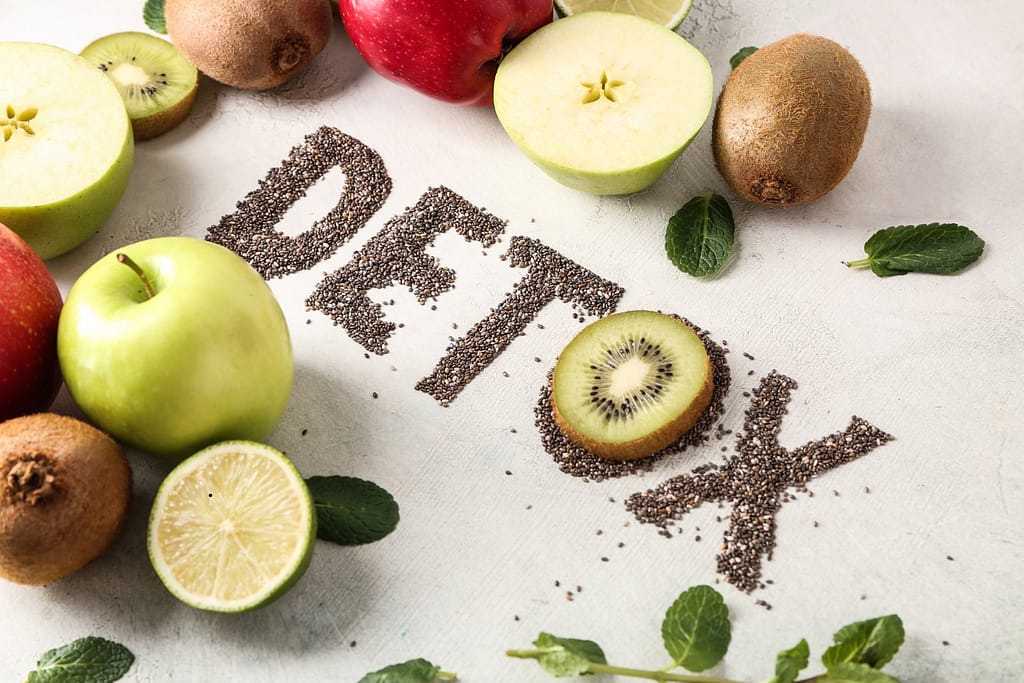Digestive Health and Detoxification

Introduction
Colon cleansing, also known as colonic irrigation or colon hydrotherapy, has gained popularity as a method for improving digestive health and promoting detoxification. While it has ancient roots, modern techniques and scientific understanding provide a clearer picture of its benefits and risks. This article explores the scientific details behind colon cleansing, its potential benefits, and the mechanisms involved.
What is Colon Cleansing?
Definition: Colon cleansing involves the removal of waste and toxins from the colon through various methods, including dietary regimens, supplements, enemas, and colon hydrotherapy. The primary goal is to enhance digestive health and support the body’s natural detoxification processes.
Methods:
- Colon Hydrotherapy: A procedure in which water is infused into the colon through the rectum to flush out waste. This method is usually performed by a trained therapist using specialized equipment.
- Enemas: Similar to colon hydrotherapy but typically involve a smaller volume of fluid and can be self-administered at home. Common types include water, coffee, and herbal enemas.
- Dietary Supplements: Includes herbal teas, fiber supplements, laxatives, and probiotics designed to support bowel movements and cleanse the colon such as Pharma Trust 15-Day-Detox.
- Dietary Regimens: Involves following specific diets that emphasize high-fiber foods, fruits, vegetables, and adequate hydration to naturally cleanse the colon.
The Science Behind Colon Cleansing
Digestive Health and Detoxification: The colon, or large intestine, plays a critical role in the final stages of digestion, water absorption, and waste elimination. It also hosts a diverse microbiome that contributes to overall health. Colon cleansing aims to:
- Remove accumulated waste and toxins.
- Improve bowel regularity.
- Enhance nutrient absorption.
- Support the balance of gut microbiota.
Potential Benefits:
- Improved Digestive Function: Removing waste buildup can alleviate symptoms like bloating, constipation, and discomfort, leading to more regular bowel movements.
- Enhanced Absorption of Nutrients: By clearing the colon, the surface area for nutrient absorption increases, potentially improving overall nutrient uptake.
- Detoxification: Eliminating toxins and waste from the colon can reduce the burden on the liver and other detoxification organs, promoting overall detoxification.
- Weight Loss: Some individuals experience temporary weight loss due to the removal of waste and improved digestive efficiency.
- Mental Clarity and Energy: Proponents claim that reducing toxic load can lead to increased energy levels and mental clarity, although more research is needed to support these claims.
Risks and Considerations
Scientific Evidence and Safety: While some studies suggest potential benefits, the scientific community remains divided on the efficacy and necessity of colon cleansing. Potential risks include:
- Dehydration: Excessive loss of fluids during colon cleansing can lead to dehydration and electrolyte imbalances.
- Infection: Improperly sterilized equipment or techniques can introduce harmful bacteria into the colon.
- Bowel Perforation: Rare but serious risk associated with invasive procedures like colon hydrotherapy.
- Disruption of Gut Microbiota: Overuse of colon cleansing methods may disrupt the balance of beneficial gut bacteria.
Precautions:
- Consult Healthcare Professionals: Always consult with a healthcare provider before undergoing colon cleansing, especially if you have preexisting health conditions or are taking medications.
- Choose Reputable Providers: Ensure that colon hydrotherapy is performed by trained professionals using sterilized equipment.
- Stay Hydrated: Drink plenty of water before and after the procedure to maintain hydration and electrolyte balance.
Conclusion
Colon cleansing aims to improve digestive health and promote detoxification through various methods. While it can offer potential benefits like improved bowel regularity, enhanced nutrient absorption, and temporary weight loss, it is essential to approach it with caution and be aware of the potential risks. Consulting with healthcare professionals and choosing reputable providers can help ensure a safe and beneficial experience.
Understanding the science behind colon cleansing allows individuals to make informed decisions about their digestive health and overall well-being. Whether opting for dietary changes, supplements, or professional procedures, prioritizing safe and effective methods is key to achieving the desired health outcomes.
